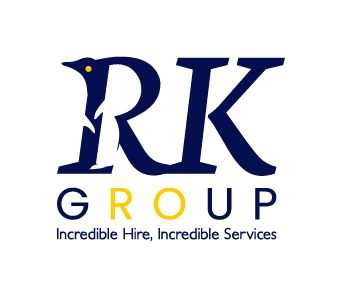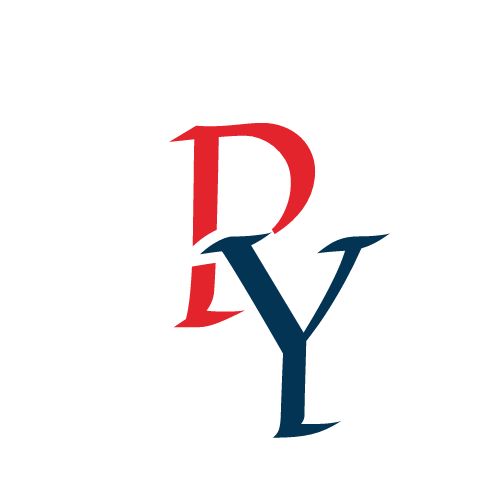Roles and Responsibilities
Project Coordination:
• Act as a primary point of contact between clients, contractors, and the project team.
• Develop and maintain project schedules, ensuring adherence to timelines and milestones.
• Coordinate site activities and address on-site challenges promptly.
• Organize and participate in project meetings, preparing and sharing minutes of meetings.
• Ensure project documentation, including contracts, permits, and reports, is complete and up-to-date.
• Monitor project progress & implement cost control measures and provide updates to stakeholders.
• Assist in resolving technical and design-related issues.
• Manage all aspects of cost and financial management for projects.
• Prepare detailed cost estimates, budgets, and financial reports.
• Ensure compliance with contract terms and industry standards.
• Conduct feasibility studies and analyze project costs.
• Collaborate with project managers, architects, and engineers to meet timelines and budgets.
• Handle contract negotiation and dispute resolution.
Quantity Surveying:
• Perform detailed quantity take-offs and prepare Bills of Quantities (BOQ).
• Analyze project costs and prepare cost estimates and budgets.
• Evaluate tenders and quotations from contractors and suppliers.
• Conduct cost analysis to identify cost-saving opportunities without compromising quality.
• Prepare and process progress claims, invoices, and variation orders.
• Monitor and manage project expenditure to ensure alignment with budgets.
• Handle contractual matters, including extensions of time (EOT), disputes, and claims
Procurement & Vendor Management:
•Source, negotiate, and procure materials and services required for the project.
•Liaise with suppliers and contractors to ensure timely delivery of materials.
•Evaluate supplier performance and maintain a database of reliable vendors.
Compliance & Quality Assurance:
•Ensure all work complies with safety, legal, and quality standards.
•Perform site inspections to verify quality and progress.
•Assist in obtaining necessary permits and approvals.
Reporting & Documentation:
•Prepare regular project progress and financial reports for management and stakeholders.
•Maintain accurate and organized project records, including cost and schedule updates.
•Provide feedback and recommendations for improving project management processes.
Safety Compliance Responsibilities
•Ensure all project activities comply with local safety laws, regulations, and standards.
•Stay updated on industry-specific safety codes and practices.
•Develop, implement, and enforce safety procedures and protocols on-site.
•Promote a culture of safety awareness among workers and stakeholders.
•Conduct regular site safety inspections to identify potential hazards.
•Verify the use of appropriate personal protective equipment (PPE) by all site personnel.
•Organize safety training sessions and toolbox talks for workers and subcontractors.
•Ensure all workers are briefed on emergency response procedures
Other Responsibilities:
•Stay updated on industry trends, construction methods, and regulatory changes.
• Support management with strategic planning and resource allocation.
• Handle any ad hoc tasks related to project execution and cost management.
• Be available to work in remote locations, including island and Tuas areas.
• Coordinate transportation and logistics for site visits to isolated project areas.
• Work night shifts as required to meet project deadlines or oversee specific phases of work.
• Be available to work on weekends and public holidays to ensure project continuity & address urgent
matters.
• Monitor and supervise night work to maintain quality and safety standards.
• Maintain effective communication with day and night shift teams to ensure seamless handover of
responsibilities.
• Prepare detailed shift reports to track progress and identify potential issues.
• Ensure all work conducted during night shifts and on weekends adheres to safety regulations and local
labor laws.
• Perform periodic safety inspections for night and weekend operations.
• Be on-call to respond to emergencies or unexpected issues during off-hours.
• Coordinate with relevant authorities in case of incidents during public holidays or after regular working
hours.
• Manage and motivate teams working during non-standard hours, ensuring high morale and
productivity.
• Arrange for proper rest and rotational schedules for workers to comply with labor laws.
• Document and report progress, issues, and any incidents occurring during night shifts or off-hours.
• Maintain accurate records of additional hours worked and coordinate approvals for compensation.
• Be available to pick up and transport workers to and from project sites during weekends and off-peak
hours as needed.
• Ensure timely transportation to avoid delays in work schedules.
• Coordinate with project teams to finalize transportation schedules for workers during non-standard
working hours
























